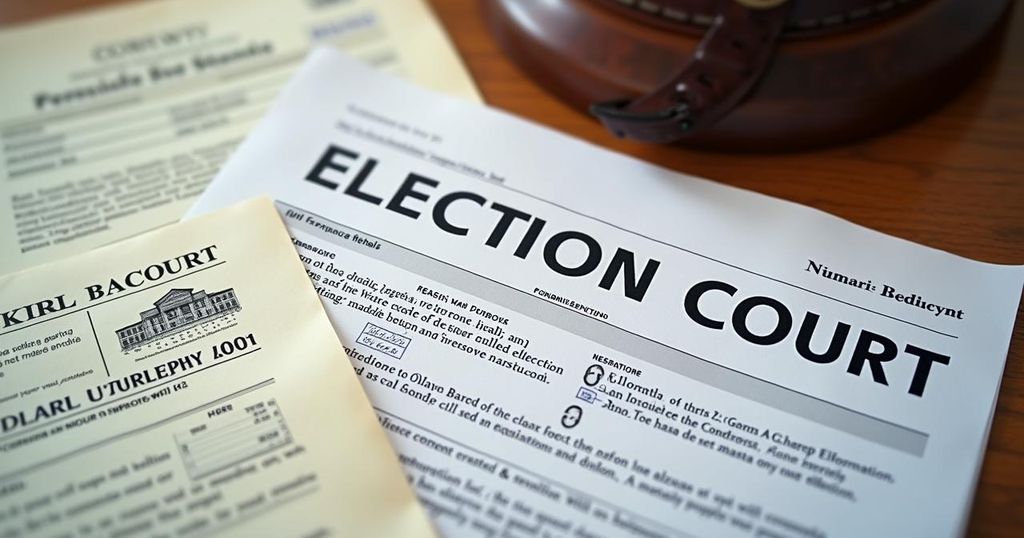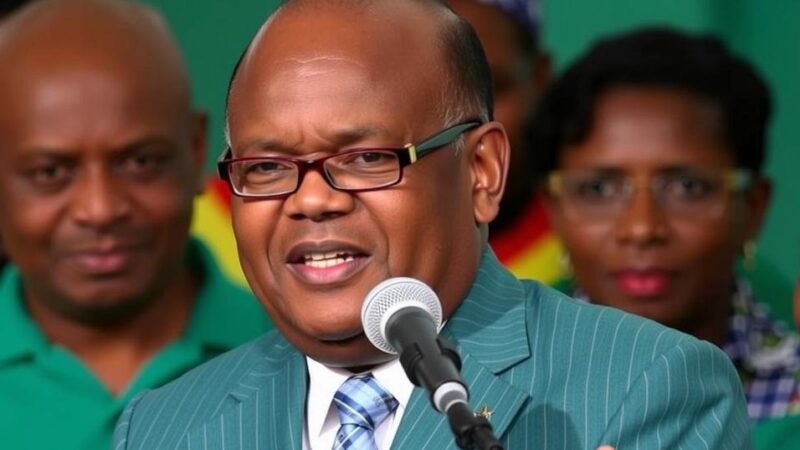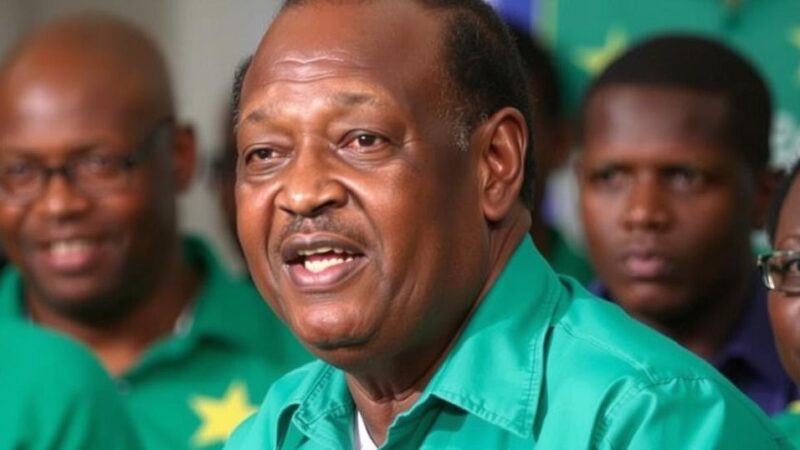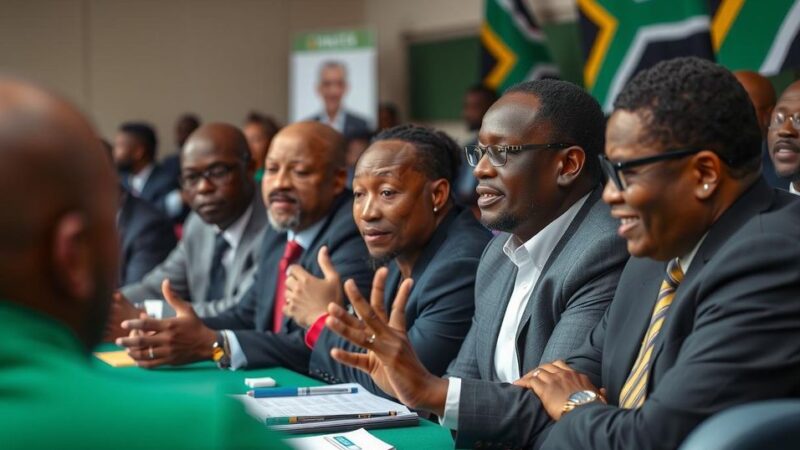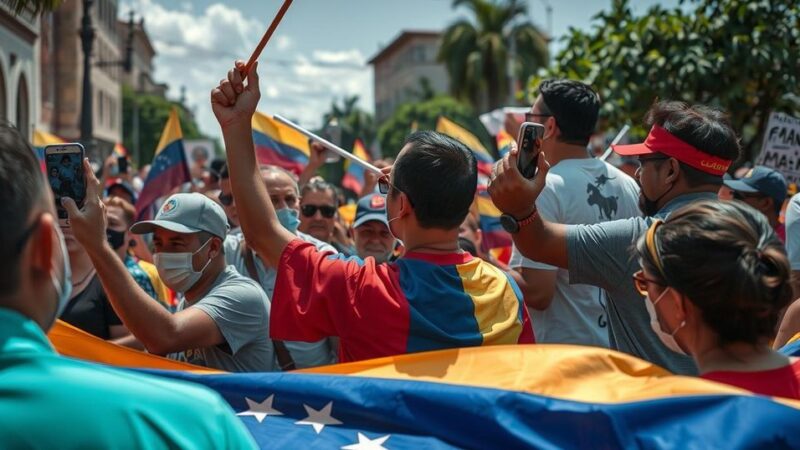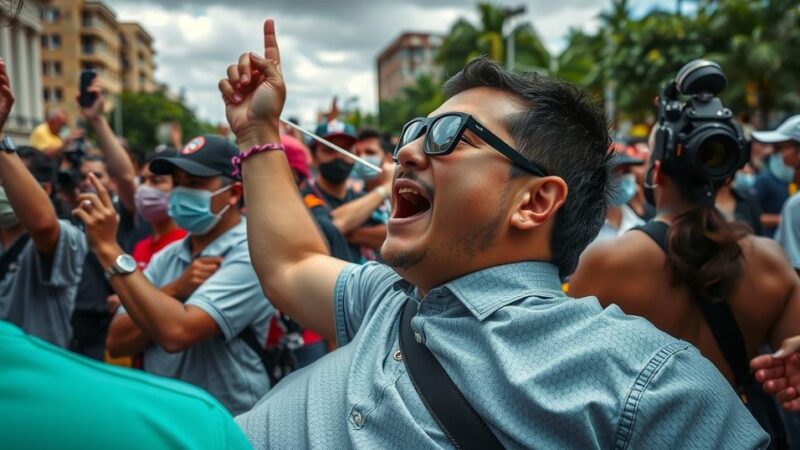The U.S. Department of Justice has sued Virginia for improperly purging voters close to the November election, citing violations of the National Voter Registration Act. This lawsuit follows an executive order by Governor Glenn Youngkin that requires verification of voter citizenship. The DOJ argues that the order violates the mandated 90-day quiet period before elections. Governor Youngkin defends the order, framing the suit as a politically motivated attack on election legitimacy. Claims of widespread noncitizen voting have been discredited by research indicating the rarity of such occurrences.
The United States Department of Justice has initiated legal action against the Commonwealth of Virginia for conducting voter roll purges in proximity to the presidential election set for November 5. This lawsuit, filed on a Friday, specifically challenges an executive order from Virginia’s Republican Governor, Glenn Youngkin, which was issued in August. The executive order mandated the removal of individuals from the voter registration lists if state officials could not verify their citizenship through the Department of Motor Vehicles. The Department of Justice contends that this action contravenes the stipulations of the National Voter Registration Act which enforces a 90-day quiet period before federal elections, during which systematic removals of voters are prohibited. Assistant U.S. Attorney General Kristen Clarke emphasized the significance of the quiet period, stating, “Congress adopted the National Voter Registration Act’s quiet period restriction to prevent error-prone, eleventh-hour efforts that all too often disenfranchise qualified voters. The right to vote is the cornerstone of our democracy and the Justice Department will continue to ensure that the rights of qualified voters are protected.” Governor Youngkin, in response to the lawsuit, asserted that his executive order complied with legal standards and described the Justice Department’s actions as an unwarranted attack on electoral integrity. He emphasized, “Virginians – and Americans – will see this for exactly what it is: a desperate attempt to attack the legitimacy of the elections in the Commonwealth, the very crucible of American Democracy.” The lawsuit arises amid heightened political discourse concerning alleged voter fraud, particularly claims that noncitizens are voting. These allegations, increasingly propagated by Republicans, lack substantiated evidence and echo similar unfounded assertions made following the 2020 electoral process. Despite these claims, research from the Brennan Center for Justice indicates that incidents of noncitizen voting are exceedingly rare and do not influence election outcomes. For instance, in a study examining 23.5 million votes cast in the 2016 general election, only 30 votes were flagged for suspected noncitizen voting. The concern regarding voter roll purges reflects broader national trends wherein several states have enacted legislation imposing stricter requirements for demonstrating citizenship. Such laws may inadvertently disenfranchise eligible voters, prompting criticism from electoral monitoring groups.
The present circumstances unfold against a backdrop of escalating tension related to voter registration and electoral integrity in the United States. In recent years, claims of voter fraud have surged, emphasizing the alleged risk of noncitizen voting. However, empirical evidence discredits these assertions, highlighting their basis on misinformation. Amidst this contentious climate, state legislatures have increasingly implemented measures to tighten registration processes, raising significant concerns about the impact on eligible voters. The legal conflict in Virginia serves as a case study reflecting the broader national dialogue surrounding these issues as the United States approaches critical elections in 2024.
The United States Department of Justice’s lawsuit against Virginia exemplifies the ongoing struggle between safeguarding electoral integrity and preventing the disenfranchisement of eligible voters. As claims of voter fraud proliferate without robust evidence, the challenge remains to ensure fairness in the electoral process while adhering to established laws such as the National Voter Registration Act. The outcome of this case may have profound implications for future electoral practices, as well as the balance of power between state and federal governance in matters of voting.
Original Source: www.aljazeera.com

